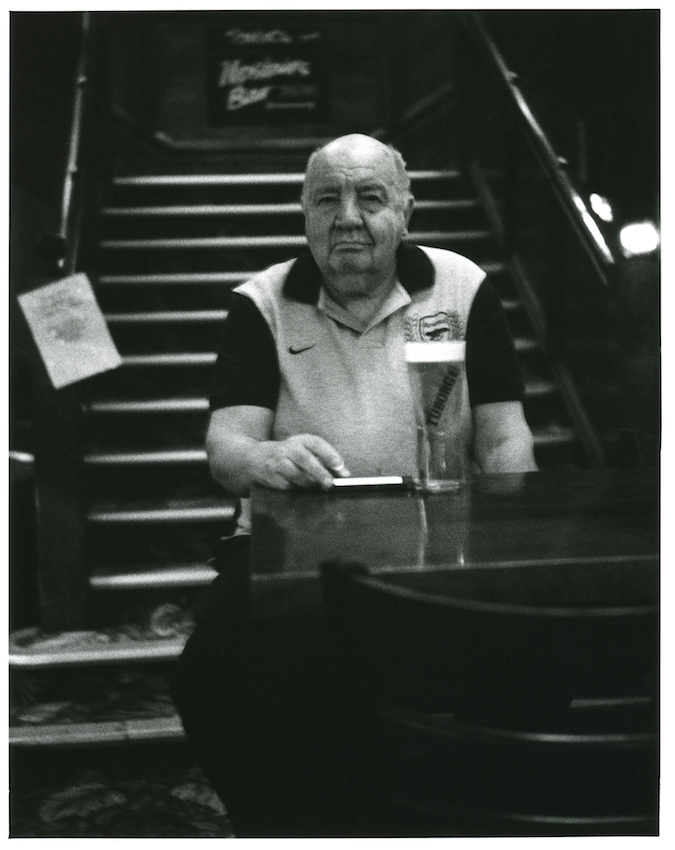I've recently purchased a fully refurbished olympus 35 RC which is a great little camera. The only problems i'm having are with regards to low light. I don't want to buy an external flash as i prefer taking street photos at night where discretion is preferred! Anyone got any tips on what film is best to use etc. etc. I also prefer shooting in shutter priority mode but any tips on using fully manual would be great.
I should also mention that this is my first ever film camera and i'm a total novice... so go easy on me! Thanks!
I should also mention that this is my first ever film camera and i'm a total novice... so go easy on me! Thanks!




